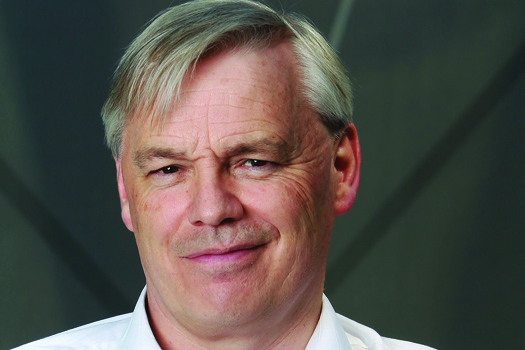As the RCGP asked its members for their views on assisted dying for the first time since 2013, I found myself reflecting on the terminally ill patients I’ve cared for throughout my career.
I’m a GP in the East End of London. We provide a comprehensive service for all of our patients who are terminally ill, with a multidisciplinary team meeting every month to proactively manage and support them.
This team includes our phlebotomist, GPs, Macmillan nurse, social workers, district nurses and the social prescribing team, all of whom ensure that as much as possible is planned and predicted to ensure comprehensive and personal support to everyone who needs it. This minimises pain and suffering, and ensures we deliver on the personal wishes of patients.
I give all my terminally ill patients my personal NHS email address and my mobile phone number. They can call me at any time, and because they’re far more in control of their terminal illness, they have a far better experience and outcome.
The pain of bereavement within their family is also significantly reduced – they’re proud about giving their nearest and dearest the greatest gift: a peaceful end.
Everything we do helps patients to have their choices delivered, and significantly reduces their suffering.
Sadly, 47% of patients still die in hospital with their terminal illness, despite the fact that most would choose to die at home. Even when primary care provides a perfect service, it’s sometimes not enough.
Some of this is the fault of the system, but some of it is the fault of the law.
Our College needs to adopt a position that allows GPs to engage in the assisted dying debate
Over 30 years as a GP, I’ve seen a small number of patients suffer, despite our best efforts. Some of these patients, of sound mind, would choose to end their suffering, to end their life on their terms.
We’re trying to give patients choice about where they die. Terminally ill patients should also have a choice over how and when they die.
I understand some doctors who would find it impossible to facilitate such a request. I think I am one of those doctors.
But I would equally argue that this is about patient choice, and I know there are honourable doctors who are willing to help those who want this option.
All GPs should strive to have honest conversations about death and dying, and that’s exactly what the introduction of an assisted dying law would bring about, even though international experiences tells us that just a tiny percentage of dying people would go through the whole process.
Terminally ill people should be at the very heart of the debate on assisted dying, and, as GPs, we have a duty to listen to their views.
Continuing to actively oppose a change in the law (the RCGP’s current position) puts the College at odds with our dying patients, a majority of whom believe doctors’ organisations should be neutral on or supportive of change.
It also leaves us lagging behind other medical organisations, such as the Royal College of Physicians, which dropped its opposition in favour of neutrality following a member survey earlier this year, and the Royal College of Nursing, which has been neutral since 2009.
Sadly, our position carries on the idea that the doctor knows best, rather than seeing ourselves as family doctors who are there to support and care for patients throughout their lives.
Our College needs to adopt a new position that allows GPs to engage constructively in the assisted dying debate, represents the range of views held by patients, and put them at the front and centre.
I believe that neutrality is the only position that can do this.
Professor Sir Sam Everington is chair of London’s 32 CCGs and a GP in Tower Hamlets
Pulse October survey
Take our July 2025 survey to potentially win £1.000 worth of tokens













